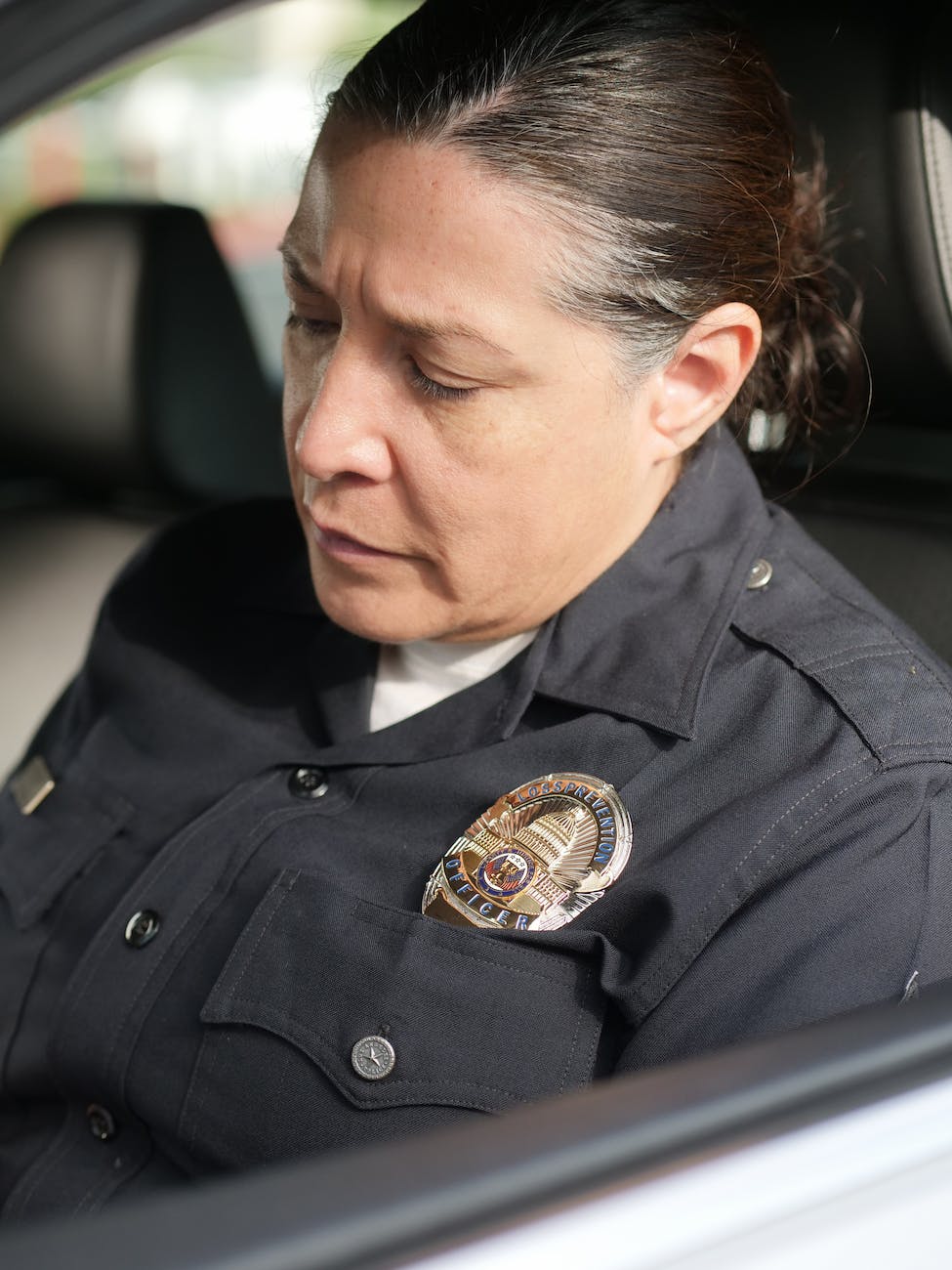
How to Become a Certified Safety Officer (CSO)?
How to Become a Certified Safety Officer : In a world where workplace safety and regulatory compliance are paramount, the role of a Certified Safety Officer (CSO) has gained significant importance. A CSO plays a crucial role in ensuring the well-being of employees and the adherence to safety protocols within an organization. If you’re interested in becoming a CSO and making a positive impact on workplace safety, this comprehensive guide will provide you with the necessary steps to embark on this fulfilling career path.
Introduction to Certified Safety Officer (CSO) Role
The role of a Certified Safety Officer (CSO) revolves around creating and implementing strategies to prevent accidents, injuries, and health hazards in the workplace. CSOs are responsible for developing safety protocols, conducting risk assessments, and ensuring that the organization complies with safety regulations. Their primary goal is to establish a secure environment that promotes the well-being of employees while also minimizing potential risks.
Understanding the Responsibilities of a CSO
CSOs carry out a diverse range of responsibilities, including:
- Identifying potential workplace hazards and risks.
- Creating and implementing safety policies and procedures.
- Training employees on safety protocols and emergency procedures.
- Investigating accidents and incidents to determine their causes.
- Collaborating with management to improve safety measures.
- Keeping up-to-date records of safety inspections and training sessions.
- Conducting regular safety audits to identify areas for improvement.
Educational Requirements and Qualifications
To become a CSO, a solid educational foundation is essential. Most CSOs hold a bachelor’s degree in occupational health and safety, industrial hygiene, environmental science, or a related field. A strong background in science, engineering, or a technical discipline can also be valuable.
Gaining Relevant Work Experience
After completing your education, gaining practical experience is vital. Many aspiring CSOs begin their careers in entry-level safety positions to learn the ropes and understand real-world safety challenges.
Acquiring Specialized Training
Specialized training programs, workshops, and seminars offer valuable insights into specific safety topics. These sessions enhance your understanding of safety protocols and regulatory requirements.
Obtaining Necessary Certifications
Certifications solidify your expertise as a CSO. Certifications such as the Certified Safety Professional (CSP) or the Associate Safety Professional (ASP) are widely recognized in the industry.
Developing Strong Communication Skills
Effective communication is a cornerstone of a CSO’s role. CSOs must convey safety instructions clearly and collaborate with cross-functional teams.
Familiarity with Safety Regulations and Standards
A deep understanding of safety regulations from organizations like OSHA is imperative. CSOs must ensure that the workplace aligns with these standards.
Staying Updated with Industry Trends
The field of workplace safety is ever-evolving. CSOs must stay informed about the latest trends and technologies to adapt their strategies accordingly.
Building Leadership and Problem-Solving Skills
CSOs often lead safety initiatives and manage teams. Developing leadership and problem-solving skills is crucial for success.
Networking within the Safety Community
Networking helps CSOs share insights, learn from peers, and stay informed about industry best practices.
Importance of Continuous Learning
CSOs should consistently seek opportunities for learning and professional development to stay ahead in their field.
Transitioning into a CSO Role
Transitioning to a CSO position may involve demonstrating your proficiency and dedication through consistent performance and contributions.
Rewards and Challenges of Being a CSO
Being a CSO offers the satisfaction of safeguarding lives and well-being. However, the role comes with challenges, including handling complex regulations and managing diverse responsibilities.
Conclusion
Becoming a Certified Safety Officer is a rewarding journey that requires a combination of education, experience, certifications, and ongoing learning. By fulfilling the responsibilities of a CSO, you contribute to safer and healthier workplaces, making a positive impact on both individuals and organizations.
HSE Officers face Jail sentence in Gulf countries
Certified Safety Officer (CSO)
Safety Officers face Jail in Gulf countries
Frequently Asked Questions
- Q: How long does it take to become a Certified Safety Officer? A: The timeline varies, but it typically takes several years of education, experience, and certification to become a CSO.
- Q: What industries hire Certified Safety Officers? A: CSOs are in demand across various industries, including construction, manufacturing, healthcare, and energy.
- Q: Can I become a CSO with a different educational background? A: While a relevant degree is common, some CSOs come from engineering, science, or technical backgrounds.
- Q: What are some key traits of a successful CSO? A: Strong leadership, attention to detail, excellent communication, and adaptability are essential traits.
- Q: How does a CSO contribute to an organization’s success? A: CSOs contribute by ensuring regulatory compliance, reducing accidents, and fostering a culture of safety.

























I Jawed Aziz have been in the construction safety field since 20yrs. I am interested to become a cso.
What are the procedure and fees structure
Hope, this will help you.
Certified Safety Officer (CSO): What are the Procedures and Fee Structures to Become a Certified Safety Officer?
Afternoon I’m looking forward to be considered to work outside SA if opportunity are presented to me.
Regards
Mohau Vincent Seqhobane
How to become a certified safety officer?
I have done safety management till B’Tech, how do I become CSO
Been a safety officer in aviation industry since 2017, how can I be a certified safety officer
Great stuff
No comment
How can I be safety officer